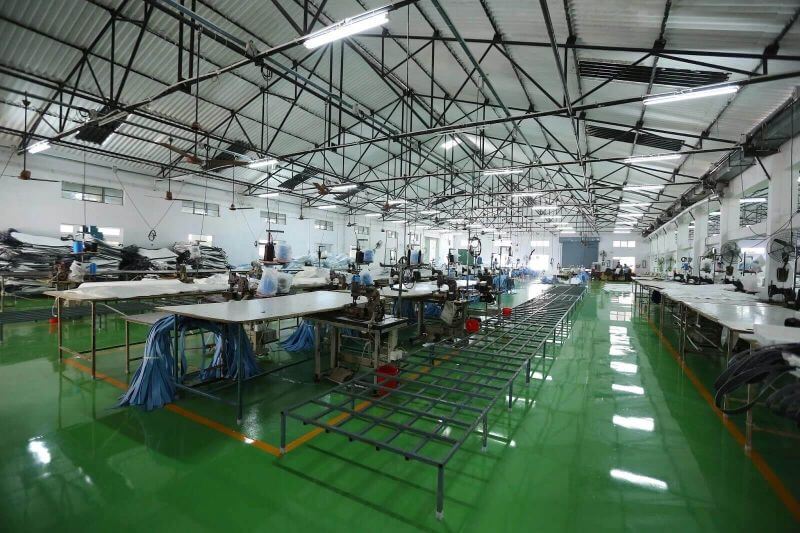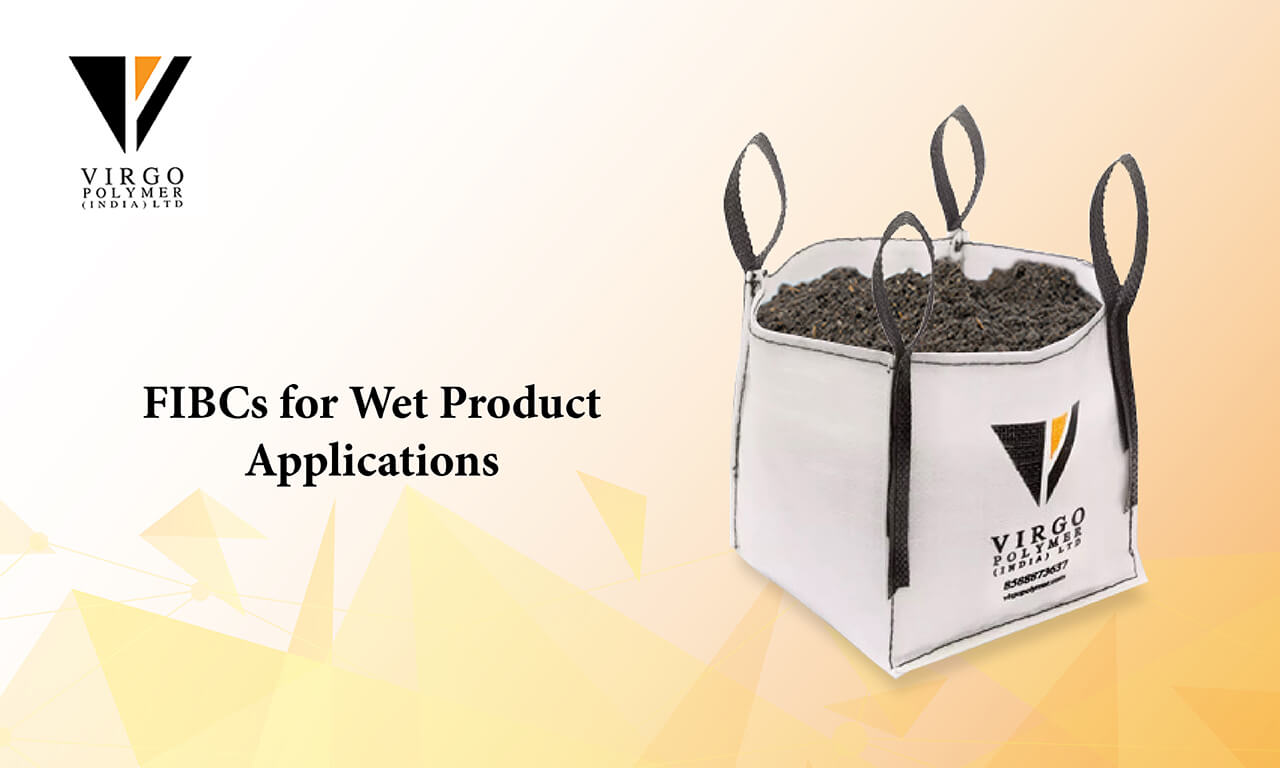



From wet soil to manure and wet coffee grounds, FIBCs are being used around the world to transport and store wet and high-moisture products. If you are considering a similar application with your FIBC, here are a few facts you should know to ensure convenient and safe handling of the product.
Depending on how wet your product is, you might experience the seepage of moisture from within the FIBC to the floor or platform where it is being stored. This might not only end up dirtying the place and the outside of the bag, but may also compromise the integrity of your product.
To avoid such a situation, it is recommended that you use coated or lined FIBCs - coated for moist products and lined (or with external liners) for very wet products. Learn more about these different options here.
While some products require retention of moisture (as in the case above), it is not the case with some others. Certain products may experience a negative impact due to moisture, in the form of molding and rotting.
In such product applications, instead of coated, lined or standard FIBCs, use bulk bags that are ventilated. There can be great financial loss if the moisture issue isn’t addressed correctly. You can read more about the uses of ventilated bags here.
Due to the inherent stickiness of wet and moist products, discharging them from a spout bottomed FIBC won’t be as easy as discharging dry products like sand. Especially in the case of products like manure, users find that the spouts becoming quickly clogged, needing manual intervention and effort to clear it occasionally.
To navigate this inconvenient, time-consuming and literally “sticky” situation, consider using FIBCs that come with a full-bottom discharge, also known as a diaper bottom bag. It will prevent clogging and speed up the process significantly.
Have you noticed that the same product is often heavier when wet (and lighter when dry)? This is because the water/liquid content in the product makes it heavier, even though it may not take up any excess space (volume) within the bag.
As weight is an important factor that contributes to the safety of handling the FIBC, we recommend that you use an FIBC with a higher safe working load (SWL). Find out more about safe handling of FIBCs here.
